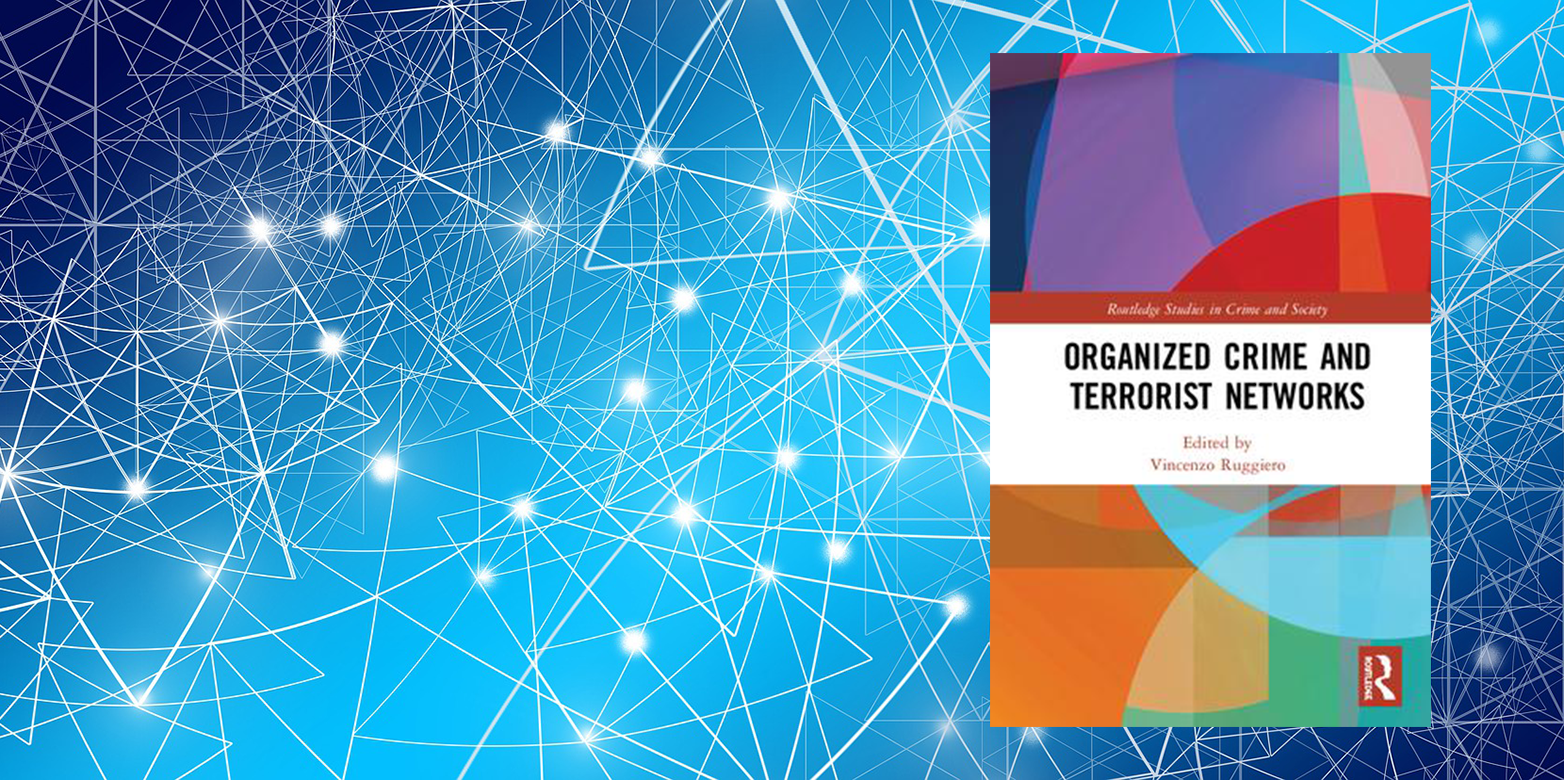Organized Crime and Terrorist Networks
This new edited volume explores organized crime and terror networks and the points at which they intersect. The collection is the outcome of empirical research, seminars, workshops and interviews by a multinational consortium of researchers within the TAKEDOWN project and includes two chapters co-authored by CSS’ Matteo Bonfanti.

external page Order the edited volumne here.
This new collection analyses the close relationships between these criminalities, the prevalence and ambiguity of this nexus, the technological elements facilitating it, and the financial aspects embedded in this criminal partnership.
Organized Crime and Terrorist Networks is the outcome of empirical research, seminars, workshops and interviews carried out by a multinational consortium of researchers within ‘TAKEDOWN’, a Horizon 2020 project funded by the European Commission. The consortium’s objective was to examine the perspectives, requirements and misgivings of front-line practitioners operating in the areas of organized crime and terrorism. The chapters collected in this volume are the outcome of such analytical efforts. The topics addressed include the role of Information and Communication Technology in contemporary criminal organizations, terrorism financing, online transnational criminality, identity crime, the crime-terror nexus and tackling the nexus at supranational level.
This book offers a compelling contribution to scholarship on organized crime and terrorism, and considers possible directions for future research. It will be of much interest to students and researchers engaged in studies of criminology, criminal justice, crime control and prevention, organized crime, terrorism, political violence, and cybercrime.
Table of Contents
1. Introduction
Vincenzo Ruggiero
2. Organized crime and terrorist networks
Vincenzo Ruggiero with the Takedown Consortium
3. Hybrids: on the crime-terror nexus
Vincenzo Ruggiero
4. The online crime-terror nexus: using booster services (stressers) to weaponise data?
Roberto Musotto and David S. Wall
5. The role of Information and Communication Technology (ICT) in modern criminal organizations
Andrea Tundis and Max Mühlhäuser
6. The rise of low-tech attacks in Europe
Andrew Monaghan
7. Global system dynamics in the relationships between organized crime and terrorist groups
Inmaculada Marrero Rocha
8. Understanding the crime-terrorism nexus through a dynamic modeling approach
Florian Huber, Bernhard Jager, Ido Erev, Doron Cohen, Sergio Bianchi and Matteo Bonfanti
9. Terrorism financing and the crime-terror relationships as a challenge for security in Europe
Javier Ruipérez Canales
10. Tackling the nexus at the supranational level
Matteo Bonfanti and Lukas Meyer-Daetsch
11. Identity crime in the UK
Aida Fazely